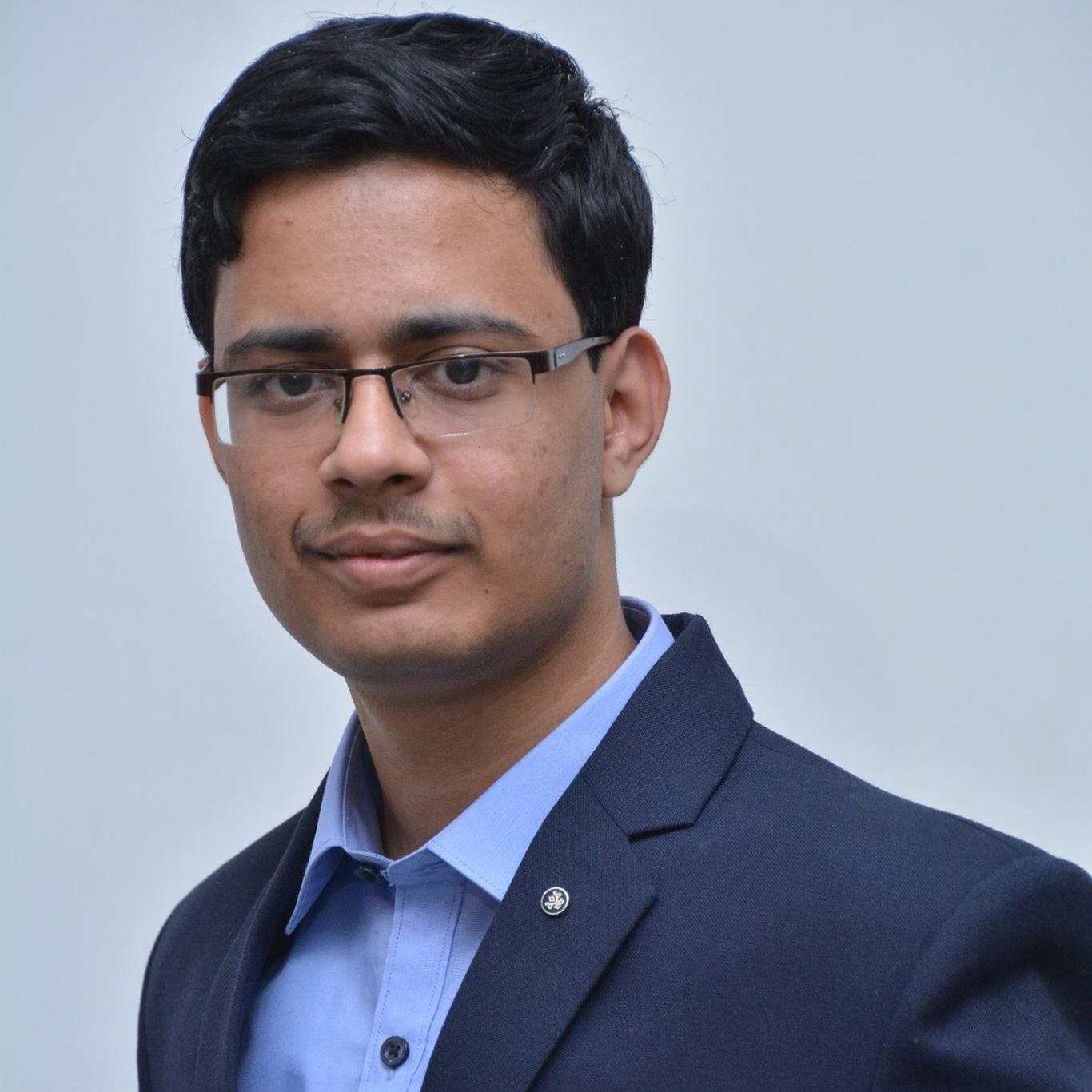Akshay Gadre

|
Akshay Gadre is a fourth year Ph.D student in Electrical and Computer Engineering at Carnegie Mellon University. He is a wireless communication and mobile systems researcher working with Prof. Swarun Kumar at the WiTech Lab developing solutions for LP-WANs. His Ph.D research proposes new approaches to push physical-layer functions of these low-power wireless devices to the cloud to improve the connectivity, sensing capability and security of IoT clients. His work has been published at premier venues in wireless communications and networks such as NSDI, MobiCom, IPSN, ICC and has won 2 best paper awards, a best presentation award and a best poster runner’s up award. He was recently awarded CyLab Presidential Fellowship 2020-21 for his work on IoT Security and Privacy. In his spare time, he likes playing chess, board games and Age of Empires. Check out Akshay's website [here].
|
Can you tell me about your research interests and focus?
My research focus is broadly on improving the capability of LP-WAN clients. LP-WAN is a technology that was envisioned with the capability to enable large-scale long distance wireless connectivity to battery-powered sensors in smart-cities and farms. Unfortunately, much of the touted attractive points - specifically 10 year battery life, 10 km range, 10000 sensors connected to a single base station - are infeasible in the urban landscape due to wireless impairments such as obstructions, interferences, etc. My research focuses on pushing these limits of clients' capabilities by pulling functionality from the clients to the more powerful base stations and pushing it to the cloud. Towards this, my first project Charm enabled the capability to sparsely detect and send these clients' signals to the cloud. We built on this infrastructure to develop solutions for automated frequency configuration (Chime), retrieving information at scale (QuAiL), authentication (DLforIoT), tracking LP-WAN enabled UAVs (LoRaTilt) and getting energy-efficient aggregates (Joltik) from these clients. These projects are compatible with the same backbone framework enabling upto 8x longer battery life, 6-7x larger range, and 2-3x better accuracy from these clients. In addition to my focus on LP-WAN clients, I have also explored the area of full-duplex radios demonstrating the first bidirectional full-duplex mmWave link (mmFD).
Given the opportunity, I would endeavor to explore satellite to ground communication as many satellites such as GPS satellites communicate with clients at long-range, large scale and even face the same urban impairments. It would be interesting to explore what changes in my current solutions to extend them to satellite to ground communication.
Given the opportunity, I would endeavor to explore satellite to ground communication as many satellites such as GPS satellites communicate with clients at long-range, large scale and even face the same urban impairments. It would be interesting to explore what changes in my current solutions to extend them to satellite to ground communication.
What are the research accomplishments that you are most proud of?
I think the first best paper award at IPSN 2018 was the most memorable as it was my first paper with the group. On the other hand, the most satisfying/proud experience of my PhD has to be the deadline crunches! My most memorable one is for mmFD working with Vaibhav where our end-to-end system was ready but one of the boards didn't work in our first data collection (~takes about 8-9 hours). So we are two days out with mostly garbage data for one of the experiments, with the other collaborators attending conference and Swarun on personal vacation. I would say that was the moment of reckoning where we sat together and planned out a strategy (even one failure would derail it) and executed it flawlessly. I think what makes that moment specifically impressionable on my mind is that while many others had given up, just the belief in both of our skills was enough to go for it! I also vividly remember the Charm submission where I spent almost three straight days at the lab to make sure the system worked out of sheer enthusiasm (skill was pretty low at that point). I yearn for that kind of enthusiasm nowadays! Finally, the happiest moment was definitely when I found out Chime was finally accepted at NSDI after over 2 years of effort!
Can you tell me about the work culture and environment at CMU?
One core part of CMU research culture is collaboration. In fact, I would even say, if one is not leveraging the immense amount of talented people around CMU, they are definitely losing out on a treasury of resources and information. My experience working with ECE and CS professors and students has been extremely learning. Almost all professors here (even IEEE President Elect) would happily schedule a chat with you, if you want to bounce a idea off them, learn about a specific issue, or even a general chit-chat (though focused on certain topics). In fact, I would definitely share a large part of my success with the vast plethora of collaborators I have worked with. Another fact, all the papers I mentioned in my research focus above had atleast two authors not from WiTech Lab on them.
Can you share a little known fact about yourself?
I can play blindfold chess with a 1400ish rating. I also learnt violin for 2.5 years in my undergrad school. I also love computer gaming (it is my stress buster, knowing that there is always that one fun thing to do every night gets me through the hard days)
